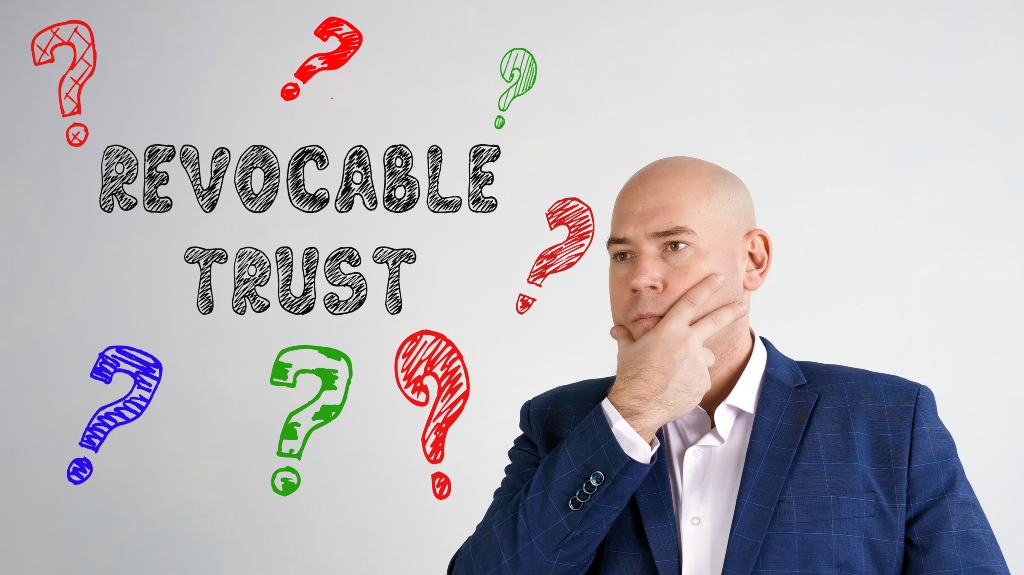When it comes to estate planning, you have numerous options. For instance, you may decide to create a trust, a type of legal arrangement that helps individuals manage and distribute their property, either during their lifetime or once they pass away. However, what you may not realize is there are actually different types of trusts you can choose from, each with its own benefits.

A Revocable Trust
A revocable trust, or a living trust, is a type of trust that you create during your lifetime which outlines all the assets you have and how you would like for them to be handled. These types of trusts tend to allow the settlor to have full control of the trust and the assets within it.
As a result, a revocable trust also allows an individual to make changes to their trust after they have created it, including updating the named beneficiaries, changing how much money or assets are included in the trust, and even changing the contents of the trust and how assets will be distributed.
An Irrevocable Trust
An irrevocable trust also details a person’s assets, like a revocable trust, and indicates how these assets should be distributed. However, unlike a revocable trust, you cannot easily make changes to these trusts. In fact, depending on the state, once an irrevocable trust is executed, the only way changes can be made is if all the beneficiaries agree and the proposed updates go through a lengthy approval process, which may include getting approval from a judge.
Due to their inflexibility, irrevocable trusts tend to be used less frequently, especially since the settlor loses full control over their assets. However, irrevocable trusts do have benefits to them, primarily when an individual is trying to avoid certain creditor claims or minimize estate taxes.
Which Trust Is Right for You?
Although revocable trusts are more common, there are certain factors you want to consider before deciding on the trust that is better for you. For instance, a revocable trust may be a good option if:
- You want to transfer assets to your loved ones and avoid the probate process.
- You believe your wishes regarding your assets will change over time, and you want the freedom to make changes.
- You still want to use and manage your assets after creating the trust.
In comparison, you may want to consider an irrevocable trust if:
- You are worried about estate taxes because the value of your assets is higher than the federal estate tax exemption.
- You have no problem giving up the control or use of your assets after creating the trust.
- You want your assets protected from future creditors.
Contact Losavio & DeJean, LLC Today To Go Over Your Estate Planning Options
Understanding the differences between an irrevocable and a revocable trust can help you create a stronger and better estate plan to ensure your specific needs are met.
If you want further details about the different types of trusts or other estate planning tools, contact Losavio & DeJean, LLC today to schedule a consultation with our knowledgeable legal team, and let us help you get the answers you need.

